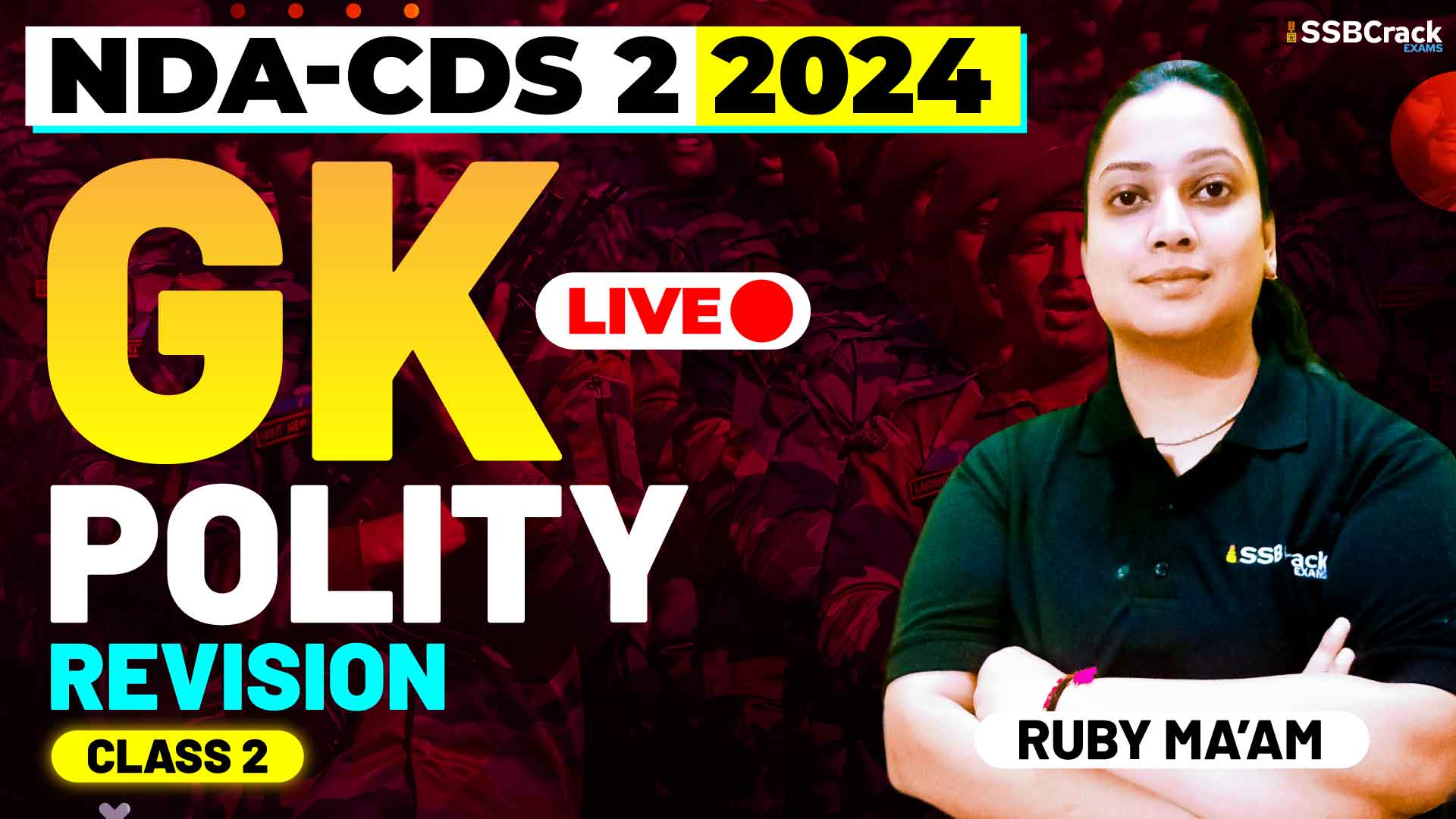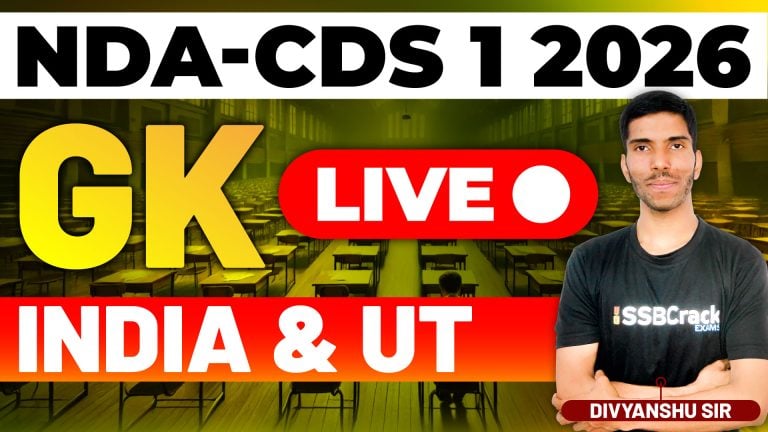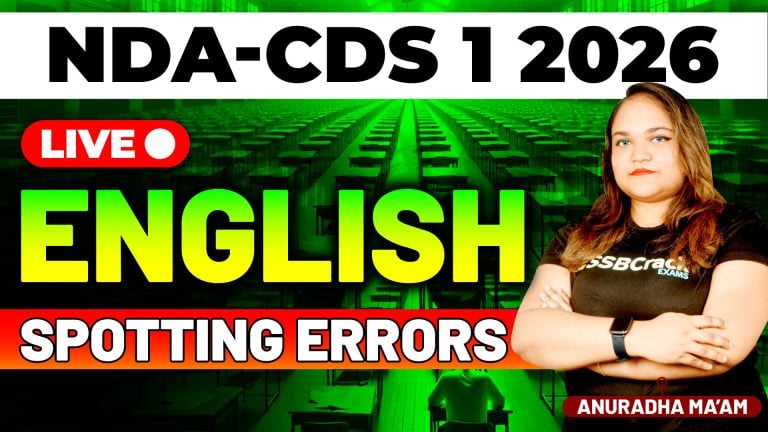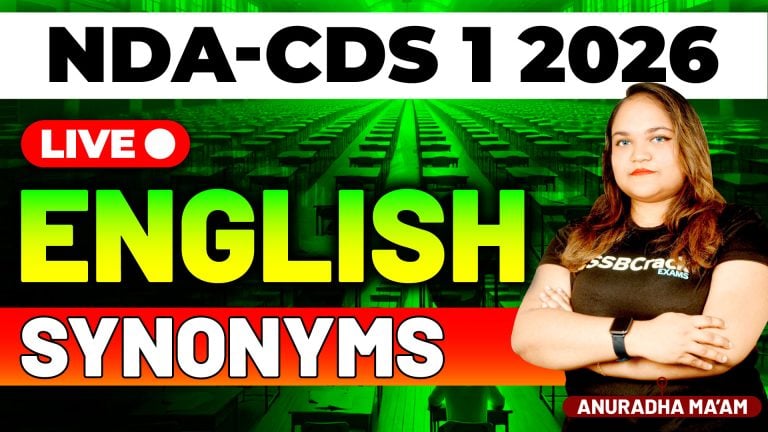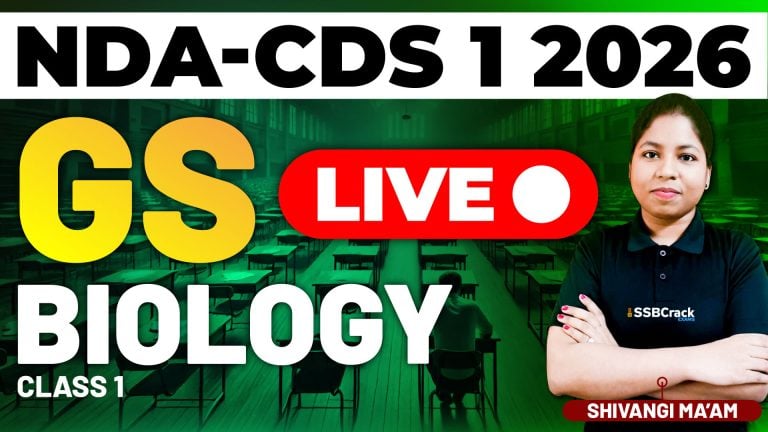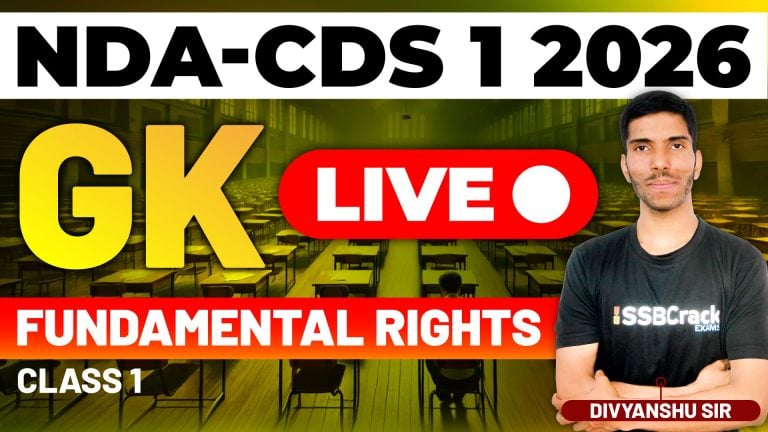Indian Polity is one of the crucial subjects for aspirants preparing for the National Defence Academy (NDA) and Combined Defence Services (CDS) examinations. The subject forms the backbone of the General Knowledge section in these exams, and a thorough understanding is essential to perform well.
Why Indian Polity is Important
Indian Polity is not just about memorizing facts; it involves understanding the structure, functioning, and dynamics of the Indian political system. This subject helps you comprehend how the country is governed, which is vital for future officers who will serve in the defense forces. A clear understanding of Indian Polity also enhances your ability to analyze current events, an essential skill for the written exam and the interview stage.
Key Topics to Focus On
- The Constitution of India:
- Preamble: Understand its significance and key terms like Sovereign, Socialist, Secular, Democratic, and Republic.
- Fundamental Rights and Duties: Know all the rights, especially Articles 14-32, and fundamental duties enshrined in the Constitution.
- Directive Principles of State Policy (DPSP): Understand their purpose and difference from Fundamental Rights.
- Amendments: Focus on important amendments like the 42nd, 44th, 73rd, and 74th amendments.
- The Union and its Territory:
- Formation of New States: Study the provisions related to the reorganization of states.
- Union Territories: Know the administrative setup and special status of some UTs.
- The Executive:
- President of India: Powers, election process, and impeachment.
- Prime Minister and Council of Ministers: Role, powers, and relationship with the President.
- Governor: Powers and functions, especially in relation to state government.
- The Legislature:
- Parliament: Composition, powers, and functions of the Lok Sabha and Rajya Sabha.
- State Legislature: Similarities and differences between the Parliament and State Legislatures.
- Law-making Process: Understand how a bill becomes law in India.
- The Judiciary:
- Supreme Court: Powers, jurisdiction, and important judgments.
- High Courts and Subordinate Courts: Their role in the Indian judiciary system.
- Judicial Review: Concept and significance in the Indian context.
- Federal System:
- Centre-State Relations: Distribution of powers between the Centre and States.
- Emergency Provisions: Types of emergencies and their implications on the federal structure.
- Local Government:
- Panchayati Raj Institutions: Three-tier system and their significance.
- Urban Local Bodies: Municipalities and their role in urban governance.
- Constitutional Bodies:
- Election Commission: Functions and powers, especially in conducting free and fair elections.
- Comptroller and Auditor General (CAG): Role in ensuring accountability in government finances.
- Union Public Service Commission (UPSC): Its role in recruitment for civil services.
- Non-Constitutional Bodies:
- NITI Aayog: Its role and how it differs from the Planning Commission.
- National Human Rights Commission (NHRC): Functions and importance in upholding human rights.
Preparation Tips
- Conceptual Clarity: Focus on understanding the concepts rather than rote memorization. Polity is more about grasping the ‘why’ and ‘how’ rather than just the ‘what’.
- Regular Revision: Keep revising important articles, amendments, and landmark judgments regularly.
- Current Affairs Integration: Indian Polity is closely linked with current events. Stay updated with recent developments, especially any changes or discussions related to constitutional amendments, landmark Supreme Court judgments, and parliamentary debates.
- Mock Tests and Previous Papers: Solve as many mock tests and previous year question papers as possible. This will help you get familiar with the type of questions asked in the exam.
- Standard Books and Resources: Refer to standard books like Laxmikanth’s Indian Polity for in-depth understanding. Supplement your reading with NCERTs and the latest government publications.
Conclusion
Indian Polity is a vast yet scoring subject in NDA and CDS exams. With a structured study plan, regular revision, and an eye on current affairs, you can master this subject. Remember, a well-rounded understanding of Indian Polity not only helps in clearing the exam but also lays a strong foundation for your future role as a defense officer. Focus, dedication, and consistent effort are the keys to excelling in this subject.
